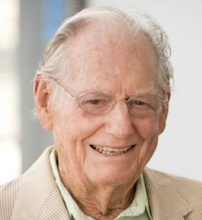Top 31 Quotes & Sayings by Wayne Thiebaud
Explore popular quotes and sayings by an American artist Wayne Thiebaud.
Last updated on April 15, 2025.
My subject matter was a genuine sort of experience that came out of my life, particularly the American world in which I was privileged to be . . . . I would really think of the bakery counters, of the way the counter was lit, where the pies were placed, but I wanted just a piece of the experience. From when I worked in restaurants . . . [it was] always poetic to me.
A conscious decision to eliminate certain details and include selective bits of personal experiences or perceptual nuances, gives the painting more of a multi-dimension than when it is done directly as a visual recording. This results in a kind of abstraction... and thus avoids the pitfalls of mere decoration.
























